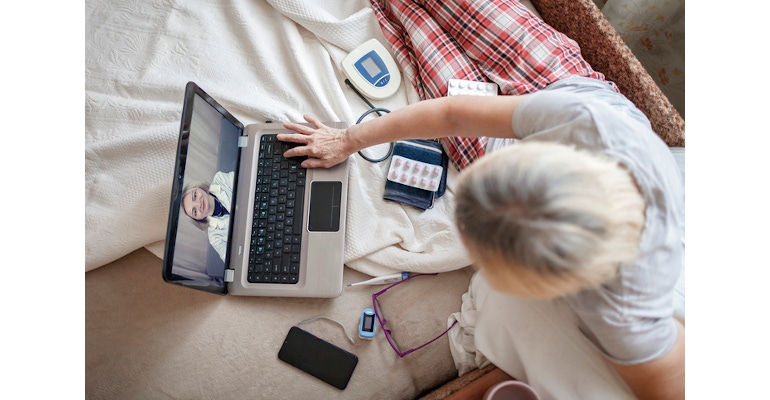Supporting Design of Patient-Centric Devices
Human factors engineering could play a role in ensuring medical devices are designed for use safety, shares a BIOMEDevice Boston exhibitor.
September 18, 2023

Patients may be adopting more of their care these days, and many may be turning to digital solutions. The global home healthcare market is expected to grow significantly, and technologies such as home telemonitoring devices may play a role in that growth, according to Grand View Research. For instance, when it comes to US Medicare patients, McKinsey & Co. anticipates that some care services will be shifting from traditional facilities to the home in the next few years. The firm also noted the increased use of telehealth and remote patient-monitoring devices during the pandemic and sees the potential for future use.
Such factors may be why Philip Remedios, BlackHägen Design’s CEO and director of design and development, sees a trend toward the increasing emphasis on user-centered design and human factors engineering. “Medical devices are becoming more patient-centric, with a focus on improving usability and minimizing use-errors particularly when applied to distance-care devices,” he tells Design News.
Remedios also notes another significant trend that may echo these market observations: the integration of digital technology and connectivity in medical devices. “This includes the development of smart and connected devices that can transmit real-time data to healthcare professionals, enhancing patient monitoring and treatment.”
BlackHägen Design will be exhibiting at the upcoming BIOMEDevice Boston September 20-21 at the Boston Convention and Exposition Center in Booth #448. BlackHägen Design offers expertise in highly integrated human factors engineering within the design process, which Remedios says can play a pivotal role in ensuring that medical devices are designed for optimized use safety for all intended end-users. The firm also offers capabilities in medtech-grade software, UX/UI design, instructional design, and electronic and compliance engineering, with a holistic approach to design that considers usability, connectivity, and sustainability.
Related: FDA Finalizes Human Factors Guidance in Combination Medical Devices
“We look forward to engaging with attendees and understanding their project needs while gaining valuable insights into emerging technologies and trends that will inspire our future design endeavors,” says Remedios. “BIOMEDevice Boston is the perfect platform for us to reconnect with existing clients since the pandemic, and forge connections with new ones, further expanding our brand's reach and influence in the medical device market."
About the Author(s)
You May Also Like



.png?width=300&auto=webp&quality=80&disable=upscale)
